Childhood and adolescent depression has increased dramatically in the past fifty years. The onset of depression is occurring at a younger age. During primary and middle school years, the number of boys and girls affected is almost equal. During secondary school years, twice as many girls as boys are diagnosed with depression. Well over half of depressed adolescents have a recurrence within seven years.
Young children often lack the vocabulary to talk about depressed feelings, and are more likely to express their feelings through behavior. Warning signs of depression in Elementary School students:
Looks serious
Looks vaguely ill
Lacks spontaneity
Appears lethargic
Becomes tearful
Becomes frustrated or irritable
Disturbed sleep cycle
Says negative things about him/herself
Hallucinations/delusions
Is self-destructive
Feels worthless
May experience excessive guilt and shame
Appears restless/fidgety
Warning signs of depression in Middle and Secondary School students:
Academic decline
Disruptive behavior
Sudden changes in behavior
Problems with friends
Problems with social skills
Appears lethargic/irritable
Increased risk-taking
Rapid weight loss/gain
Passive/unmotivated
Disturbed sleep/food cycle
Self-harm
Extremely self-critical
Hallucinations/delusions
Suicidal thoughts or attempts
Feels worthless
Has difficulty concentrating
Appears restless/fidgety
Low self-esteem
Associated Conditions: Depressed students may have one or more associated diagnoses or conditions. Attention Deficit/Hyperactivity Disorder (AD/HD) might be present at the time of depression. Anxiety disorders and substance abuse may further complicate a student's behavior at school. Students with depression accompanied by AD/HD or Conduct Disorder are more likely to have suicidal ideations and attempts.
School Functioning: According to Dr. Jeffrey Miller, author of "The Childhood Depression Sourcebook," depression is significantly associated with school and interpersonal problems. Learning in school is the primary function for students. When a depression episode occurs, academic and social function is likely to be disrupted. In certain cases, such episodes may result in violent behavior. Depressive episodes can last the length of a school year or more. Depression affects school functions in a number of ways.
Tardiness - Students may come late because of arguing with parents, lethargy, reluctance, and disturbed sleep patterns.
Excessive absences - Depressed students may feel excessively fatigued. They may engage in risk-taking behavior, use drugs and alcohol, and attempt to hide from family and school members.
Failure to see the relevance of school - Depressed students experience diminished interest in school activities. They often feel worthless and unmotivated.
Inability to tolerate structure - Depression can cause lack of concentration necessary for students to listen to rules of activity and follow through on structure. Students often resist structure to avoid the effort it takes to follow rules.
Daydreaming - The student may appear to daydream and may be off-task.
Manipulation of objects - When a depressed student is unable to concentrate he/she may play with objects on the desk, notebook, calculator, pencil, etc.
Low frustration tolerance - Depressed students may become frustrated easily, and as a result, may not work on tasks long enough to gain educational benefits.
Social withdrawal - Depressed students may want to be left alone. They may fail at subjects such as science or academic stations, which require group effort.
Poor organization - Depressed students may not put forth any effort into organizing material, may frequently lose items and assignments, and may become rapidly frustrated when they are unable to get organized.
Social Difficulties Associated with Depression: An important goal for a student is to develop social skills such as making friends and acting appropriately in social situations. Depressed students often feel isolated - this lack of friends may cause him/her to be teased by peers. Such behavior often leads to lowered self-worth and greater withdrawal. Isolation is often a symptom of depression - a depressed student may experience difficulty forming and maintaining friendships.
A depressed student may feel awkward when meeting peers, may not reciprocate conversation, and may not be able to start a friendship.
A depressed student may not be able to sustain friendships. To keep friends, students must learn to initiate contact, generate age-appropriate activities, and keep confidences.
A depressed student may not be able to share with others and may appear rude toward peers.
A depressed and irritable student may initiate arguments or fights. When feeling unhappy or angry, the student may not be able to apologize to regain a friendship.
Help from Professionals: Students with emotional problems often find substantial support within the educational structure. Educators who demonstrate care and concern for a depressed student while encouraging them to be independent can significantly ease academic and emotional difficulties for the student.
When educators become aware of the warning signs of depression and suicide ideation, it is vitally important to communicate with responsible adults, such as the depressed student's parents/caregivers, principal, school counselors, and the student's physician, in order to get the depressed student help and support as soon as possible. School counselors, therapists, and physicians are able to provide help and support in the form of counseling, psychotherapy, and use of antidepressant medication.
Professional Consultations: Educators need a great deal of support in school management and working with students' issues. To help students, educators can consult with Outreach Concern Regional Field Supervisors at any time - they have many resources on this issue. Outreach Concern research consistently indicates a significant positive correlation between receiving school counseling and elevated success in areas of academic performance, behavior, conduct, effort, and social skills. The Outreach Concern On-Campus Counselors can provide your students and their families with techniques, coping mechanisms, behavior management, learning tasks, and individual support in their academic and emotional needs.
Information has been compiled from various educational and counseling resources
